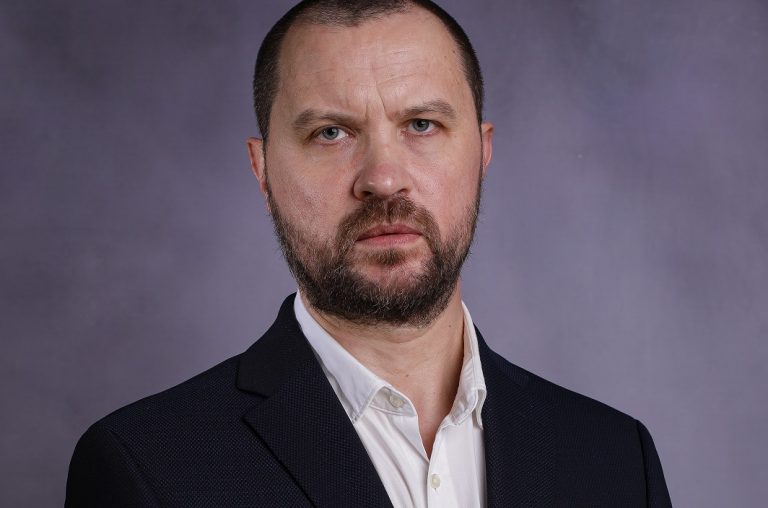
What are the chances of President Iohannis becoming the High Representative for Foreign Affairs of the European Union? / Who else is vying for the commissioner position in Brussels?
It is no secret that President Klaus Iohannis wants the post of High Commissioner for Foreign Policy of the European Union, currently held by Joseph Borell (Socialist). He would also like to be NATO Secretary General, and last summer he publicly signaled that he would seriously consider it if offered it. Only no one has put him on any shortlist of possible replacements for Jens Stoltenberg.
Sources in Brussels contacted by G4Media.ro claim that he doesn’t seem to have any better luck with the High Commissioner’s job. All political calculations currently point to Ursula von der Leyen as the favorite for a new mandate at the head of the European Commission after the 2024 elections.
If she becomes head of the Commission again, it is hard to believe that a politician from the same political family as Klaus Iohannis (EPP) will become number two. By custom, the position of High Commissioner goes to a socialist. Before Borell, there was Federica Mogherini, also a socialist. And the Portuguese prime minister Antonio Costa, also a socialist, is in the running.
President Klaus Iohannis may well be banking not on custom but on good relations with the commission’s chair, German Ursula von der Leyen.
According to liberal sources, the organization of the EPP Congress in Bucharest before the European Parliament elections is also linked to Klaus Iohannis’ desire to become EU High Representative for Foreign Policy. President Iohannis hopes to be announced in tandem with the next candidate for the European Commission presidency.
„In politics at this level, good relations don’t really matter. Negotiations are much tougher”, a Romanian MEP explained to G4Media.ro. He admits, however, that President Iohannis will try to play this card, but says the head of state should at least inform his own political group of his intentions if he wants to improve his chances.
Still, good relations certainly count in Romanian politics. For example, it is the government, and therefore Prime Minister Marcel Ciolacu, who will nominate the next High Commissioner.
This is why President Iohannis works so well with the Government and has every interest in cultivating a cordial relationship with Marcel Ciolacu. Whether he has calculated correctly or not, we shall see, what is certain is that the head of state wants a position in Brussels after his ten years in office at the Cotroceni.
But more realistic for Romania would be a less important commissioner position at EU level, such as neighborhood policy. With the prospect of Moldova and Ukraine joining the EU, and Hungary moving away from the European course, this position in the future Commission resulting from the June 2024 elections would make sense for Romania.
Some see the current foreign minister, Luminița Odobescu, as the most suitable candidate for the post of commissioner for neighborhood policy, but there are several names from Romanian politics on the wish list.
Among them, Mircea Geoană himself. Even if today the NATO Deputy Secretary General tells everyone that he will be the next President of Romania, it would not be excluded to witness a scare candidate, a bargaining card: you appoint me Commissioner so that I don’t get in your way in the presidential election. The last thing Marcel Ciolacu and the PSD would need is an independent Geoană candidate.
But even the neighborhood policy, a position as insignificant as it seems, has serious competitors. Not only Romania but also Austria would like the portfolio in order to play an active role in the integration of Western Balkan states.
On the list of strong candidates for the next European Commissioner is the former head of the Romanian Intelligence Service, Eduard Hellvig. It is hard to believe that the former SRI chief will get involved in domestic politics until after next year’s elections. But a job in Brussels would be a different matter.
Some reports indicate that Marcel Ciolacu would have no problem nominating him as Romania’s commissioner, nor for Hellvig to accept. There have been reports that Hellvig could open the PNL list for the European Parliament, but the former SRI chief seems to have little interest in playing second-league politics.
Among those seeking a mandate as an EU commissioner are MEPs Rareș Bogdan (PNL) and Dacian Cioloș (Renew Europe). Cioloș previously served as commissioner for agriculture, but his political lobbying power has declined dramatically after a string of domestic policy blunders. Ciolos no longer formally holds any political office and represents a party of no more than 1%.
Also in the running for commissioner is MEP Victor Negrescu (PSD), a politician who has become increasingly high-profile in Brussels in the Socialist group, where he is vice-president, but also at home. For Prime Minister Marcel Ciolacu, Negrescu has become almost indispensable when he visits the commission or the European Parliament.
This is how the battle for the post of commissioner, an important position of power in the European executive, well paid and therefore highly prized, is now being fought. The facts may change once the election result is known, but it is hard to believe that we will see dramatic reversals. This is what the recruitment pool for the future commissioner Romania will propose looks like.
Another battle is being waged to fill eligible seats on the MEP lists, but this unseen war deserves a separate Animal Planet-style episode.
Urmărește mai jos producțiile video ale G4Media:

Donează lunar pentru susținerea proiectului G4Media
Donează suma dorită pentru susținerea proiectului G4Media
CONT LEI: RO89RZBR0000060019874867
Deschis la Raiffeisen Bank